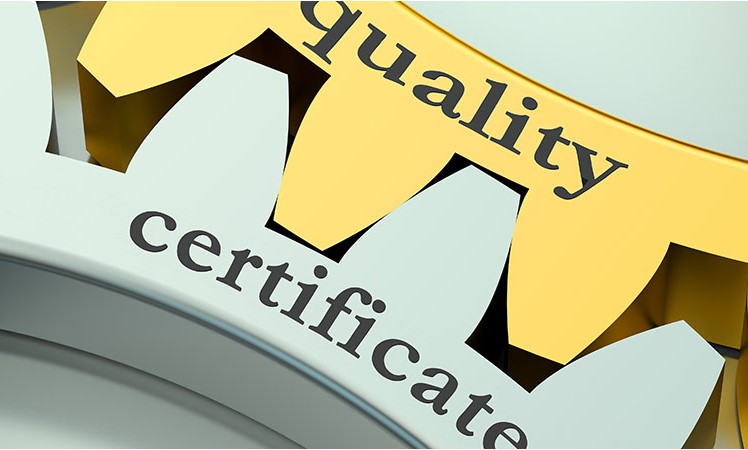Program Certification: Elevating Academic and Professional Excellence
In an increasingly competitive and globalized educational landscape, the credibility of individual programs is more critical than ever. Program certification serves as an objective validation that a specific academic
In an increasingly competitive and globalized educational landscape, the credibility of individual programs is more critical than ever. Program certification serves as an objective validation that a specific academic or training program meets internationally recognized standards of quality and relevance. At the European Board of Accreditation (EBA), we believe that certifying programs—individually and thoroughly—is one of the most effective ways to ensure quality, attract learners, and maintain a strong reputation. What Is Program Certification? Unlike institutional accreditation, which evaluates an organization as a whole, program certification focuses on a single course, degree, or training program. It assesses the structure, content, delivery, outcomes, and alignment with market or academic needs. Certification ensures that: 1. The curriculum is up to date and aligned with industry or academic demands 2. Teaching methods and assessments are effective and fair 3. Program outcomes meet defined competencies 4. Learners are well-prepared for real-world application or further study EBA’s program certification is designed to help institutions highlight their strongest offerings and continuously enhance them. Why Program Certification Matters Today’s learners and employers are increasingly selective. They don’t just choose an institution—they choose specific programs based on relevance, outcomes, and recognition. Certification helps programs: 1. Stand out in global directories and rankings 2. Gain trust from international partners and students 3. Prove alignment with global qualifications frameworks 4. Attract funding or governmental support 5. Demonstrate measurable impact and value For institutions, it’s a powerful way to showcase excellence and ensure long-term program sustainability. EBA’s Methodology for Program Certification The European Board of Accreditation (EBA) takes a comprehensive and transparent approach to program certification, which includes: 1. Preliminary Program Review – Understanding the program’s scope, objectives, and unique features 2. Document-Based Evaluation – Syllabi, learning outcomes, assessments, faculty qualifications 3. On-Site or Virtual Peer Review – Expert reviewers analyze how the program is delivered in practice 4. Stakeholder Feedback – Input from students, graduates, and employers 5. Final Certification Decision – Issuance of the certification report and quality rating This approach ensures that each certified program is not only compliant but genuinely impactful. Benefits of EBA Program Certification Institutions that certify their programs through EBA gain numerous advantages: 1. Enhanced credibility and visibility 2. Increased enrollment and student satisfaction 3. Benchmarking against international best practices 4. Stronger alumni success and employability outcomes 5. Better alignment with national and regional qualification standards EBA certification also supports marketing, partnership building, and long-term strategic planning. Conclusion Program certification is more than a formality—it’s a declaration of quality, relevance, and readiness. Through its rigorous yet collaborative certification process, the European Board of Accreditation (EBA) helps institutions distinguish their programs in a crowded global market. EBA empowers your programs to rise above expectations and deliver excellence—one certified course at a time.

